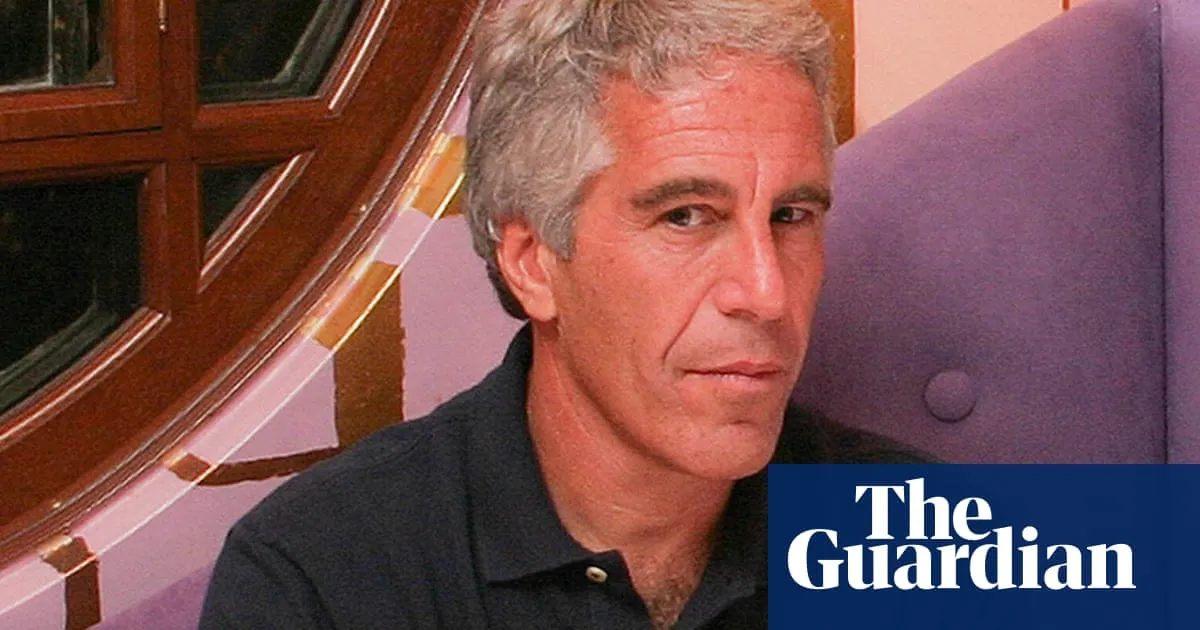
In a significant move that has heightened tensions within the U.S. political landscape, Republican lawmakers have successfully blocked a Democratic initiative aimed at forcing the release of the controversial Epstein files. This collection of undisclosed information revolves around the convicted sex offender Jeffrey Epstein, whose case has become a focal point of an ongoing internal political war among U.S. conservatives.
Democrats have been advocating for an amendment to pending cryptocurrency legislation that would mandate the release of critical evidence and exhibits related to Epstein's 2019 child sex-trafficking case. This evidence, which the Justice Department has in its possession, includes a detailed list of items that many believe could shed light on Epstein's extensive network of abuse.
Pam Bondi, who served as Donald Trump’s attorney general, had previously hinted at a comprehensive disclosure of the Epstein evidence, which was rumored to contain a notorious client list. However, her stance shifted dramatically just ten days ago. Bondi announced that the Trump administration, after reviewing the evidence, concluded that Epstein had indeed taken his own life while in custody and decided against releasing the extensive materials, which reportedly include over a thousand hours of video depicting child sexual abuse.
This sudden change of heart has sparked a significant backlash within Trump's conspiracy-driven Make America Great Again (MAGA) movement, prompting the former president to step in and attempt to quell the unrest. California Democratic US House member Ro Khanna, the author of the proposed amendment, framed the debate starkly, asking, “Whose side are you on? Are you on the side of the rich and powerful, or are you on the side of the people?” Khanna has pledged to reintroduce the amendment relentlessly until transparency is achieved.
Despite these efforts, Republican members of the U.S. House Rules Committee have voted down the amendment that would have permitted a congressional vote on the potential release of evidence, which includes micro cassettes, DVDs, and other sensitive materials. The ongoing federal case against Epstein, which dates back to 2005, raises questions surrounding a controversial plea deal that allowed him to plead guilty to state charges related to solicitation of a minor.
The fallout from this situation has pitted Bondi and Trump—who had longstanding ties with Epstein—against Deputy FBI Director Dan Bongino. Reports indicate that Bongino and Bondi clashed over the case, leading to Bongino's absence from work since July 9 following a heated argument. Prominent voices within the MAGA sphere, including Marjorie Taylor Greene and Tucker Carlson, have called for the release of the Epstein files, intensifying the internal conflict.
On his podcast, Bongino emphasized the importance of the Epstein story, urging listeners not to let it fade from public attention. Meanwhile, Trump reportedly expressed frustration with Bongino's actions, and there are indications that Vice President JD Vance has been brought in to mediate the situation.
As the political drama unfolds, attention has also turned to Ghislaine Maxwell, Epstein’s convicted co-conspirator. Maxwell has appealed to the U.S. Supreme Court to uphold a non-prosecution agreement tied to Epstein's plea deal, a move contested by the Justice Department. “I’d be surprised if President Trump knew his lawyers were asking the Supreme Court to let the government break a deal,” said Maxwell's attorney, David Oscar Markus, stressing the implications of broken promises in legal agreements.
With Congress now potentially able to summon Maxwell to testify, speculation grows about her willingness to cooperate in exchange for a reduced sentence. However, the government has shown little interest in pursuing this route, especially as Maxwell maintains her innocence and continues her appeal. Legal experts suggest that any cooperation would depend heavily on the nature of her disclosures and who she might implicate.
As the situation develops, it remains to be seen how these political maneuvers will impact the ongoing narrative surrounding Epstein and the broader implications for those connected to his case. The complexity of the Epstein saga continues to challenge both sides of the political spectrum, raising critical questions about accountability and justice.